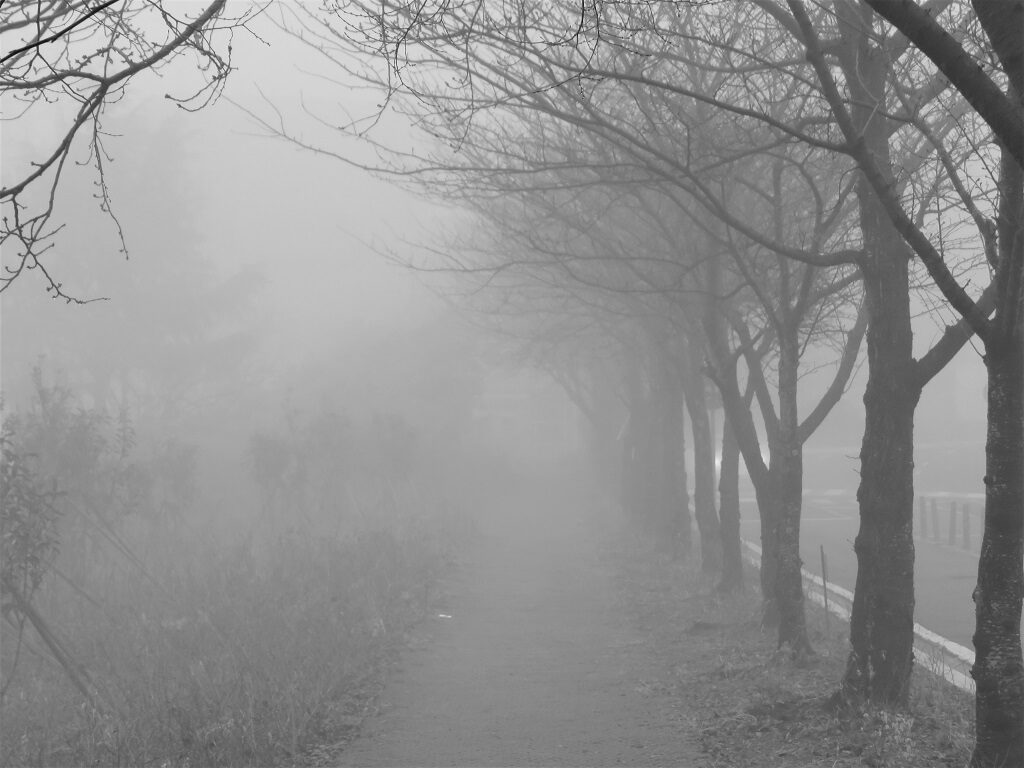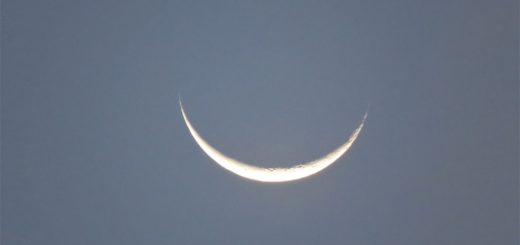Advice For Living Today
Do not attempt to live in ordinary ways — to “carry on with your life as well as possible” — during times of crisis and decline. When oppression is ascendant, liberation naturally becomes, or ought to become, the central theme of practical life. If it does not, then you are living in detachment from your true situation, which is never advisable and may be expected to lead to excess suffering.
There is no defiance, but merely evasion and self-destruction, in refusing to acknowledge and respond to the changing circumstances. Acknowledge what has happened, what is happening, and what appears about to happen. But do not merely acknowledge it; let the awareness seep into every nook of your being, until it informs all that you do. Then, so informed, act appropriately, which is to say with the desire for the good, rather than useless outrage, as your fuel, and with freedom, rather than empty revenge, as your motive.
When humanity is at a low ebb, this necessarily implies that society as a whole must be failing in its primary duties to the individual, namely to serve as his general guide to reasonable living, and to steer him toward a basic respect for the noble, i.e., for higher aspirations, however inadequately defined. It therefore becomes even more urgent than usual for the individual who has somehow managed to salvage some of his natural desire for the best life, in spite of all the lead weights of slavishness and utility chained to his ankles by “his fellow men,” to find his truest guides within himself, which, in practical terms, includes consulting the very best examples he has found in his own experience, as well as the best that history has revealed to him.
I speak not of “role models,” for living is not acting, and thus life not a mere role (a career goal, a social function, an “identity”) answering to the categorized norms of the time. I speak rather of aspirational exemplars and sources of courage for recognizing and embarking upon the soul’s most difficult but necessary journey, which is the life lived entirely against the aims and expectations of one’s time, meaning utterly without reference to any contemporary standard of “the successful life.”
I speak of the person, if you should be so lucky as to have known one (which you probably have not), who has unconditionally forsaken available paths of success or ease, who has lived in some form of social isolation or rejection, and who has consistently faced ridicule or painful exclusion from his contemporaries and “peers” — including perhaps even his most intimate society, i.e., family and friends — and who has nevertheless chosen these hardships willingly and without fanfare, simply because they are the inevitable byproducts of living deeply and purposefully with one’s soul intact during an age of universal cowardice, compromise, and comfort. I speak, further and necessarily, of a person for whom depth and purposefulness are defined not by any of the age’s standardized tests of righteousness or common sense, but by his best intuition of the true nature of his soul, the divine, and the nebulous but discernible connection between the two — a trio of discoveries that answers in no way to anything that today’s world regards as either good or useful, let alone beautiful and desirable.
Even if you are so fortunate as to have one such exemplar present in your personal experience — and I mean among your intimates, for no mere popular “great man” of the day will answer to any of the conditions I have just described — there is no substitute for the benefits to be gained from close observation of your ancestral intimates, namely those rarest of great individuals in history whose lives may be culled for ultimate lessons in ultimate virtue, by which I mean the sort of virtue, incomprehensible to most men, which transcends both the artificial social trends of any particular time and the natural social needs of our universal material existence. The higher soul within your personal experience will necessarily be apprehended as incomplete, a work in progress, and will therefore be difficult to view in his fullest, most inspirational expanse, due to his sheer proximity and immediacy within your own life and surroundings. Such a person, to be sure, may be the best possible talisman against melancholic self-doubt, as his very physical presence counteracts the frequent inclination of a serious but weak heart under the continual assault of the surrounding normalcy: the urge to excuse oneself of the hard responsibilities of true independence by imagining that the best kind of life “just isn’t possible anymore.” On the other hand, a Socrates, Dante, or Nietzsche clasped in one’s spiritual locket at all times provides you with a complete image of the life that is possible for man, however tenuously and rarely, and due to that very tenuousness and rarity affords your soul the most exalted, painful, challenging, ennobling, and happy representation of what you wish to be, how you wish to live, and what you must be prepared to face and to live through in order to keep such a standard in your sights without shirking.
“Could my soul survive such a life? Could I be so alone on this Earth with so much intransigence? Would I be able to forge ahead against such fierce winds and flaming arrows? Am I able to set myself, my life, up against the judgment of my age, against the temporal powers that be, and if necessary against everyone I ever loved, or who ever loved me? Can I accept such terms as my terms, without bravado, without any secret presumption of becoming admired for it, but merely in the name of the unshaken belief that the true, the good, and the beautiful, understood in ways often completely antithetical to all social expectations and norms, are the goals to which I must be prepared to surrender all else? Can I hold fast to such a life as the best and happiest — as they did?”
No man is an island, supposedly. But we do live on islands, and must therefore choose wisely whom we wish to keep near us, whom we would willingly meet on our path, and whom we ought to trust to help us keep the fire burning at night.



